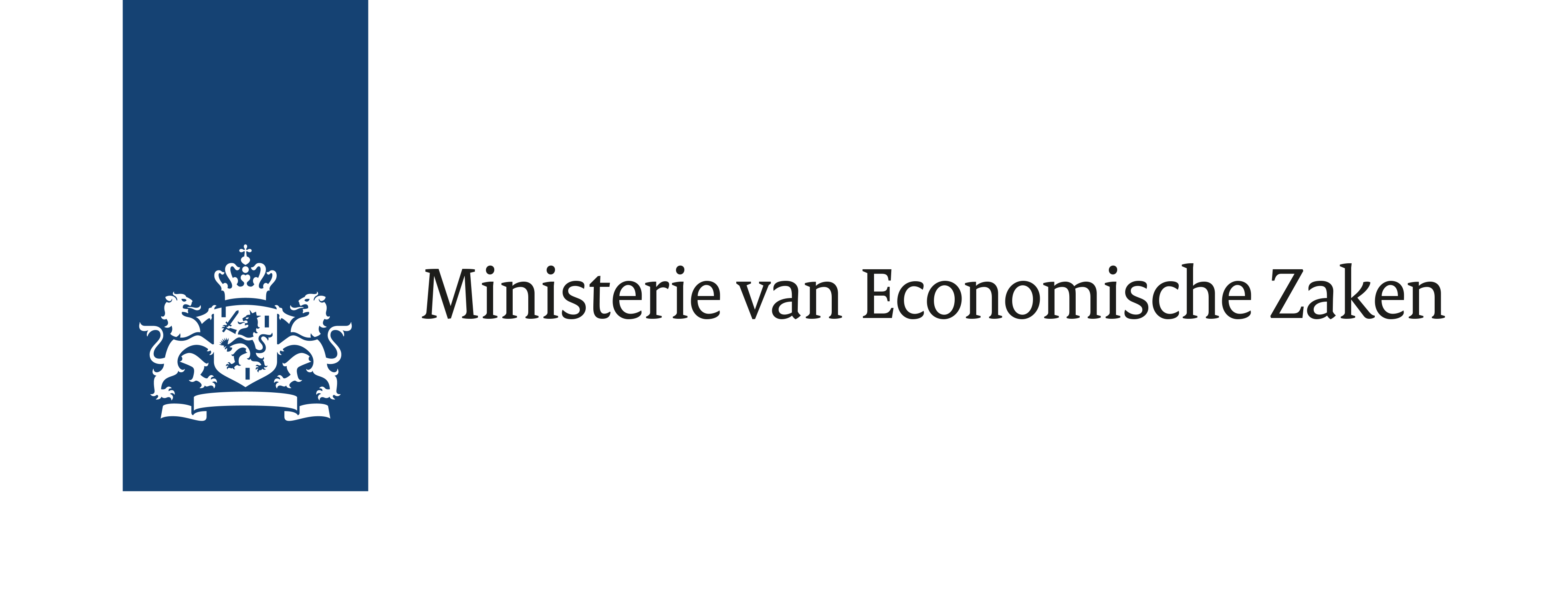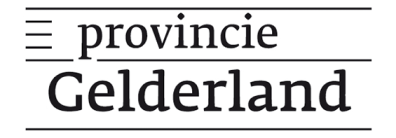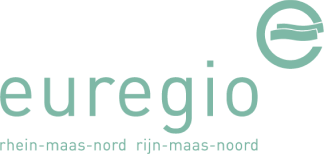The European Union is aiming for climate neutrality by 2050 and a 55% reduction in greenhouse gas emissions by 2030. The national authorities in Germany and the Netherlands have set themselves even more ambitious climate targets and are aiming for carbon neutrality as early as the 2030s.
The state as an institution wants to set a good example in terms of carbon neutrality in both the Netherlands and Germany, which is why the procurement of e-vehicles is the top priority in terms of mobility.
However, e-mobility requires a radical change in public infrastructure, especially in the area of energy supply. The resulting dependencies on permanent electricity availability and stable networks pose major new challenges for public structures. In this context, existing emergency infrastructure safeguards based on fossil fuels need to be rethought, especially for critical infrastructure such as police forces, fire brigades, ambulance services, hospitals, etc.
Based on this problem, the consortium of seven partners (three public organisations, one SME, three knowledge institutions) is developing cross-border governance for the joint use of a cross-border storage and charging system for critical infrastructure. At the same time, the requirements criteria for this system are being developed and the system will then be built by an external supplier. The fully functional system will then be jointly tested and used by the German and Dutch security authorities in the border area. The cross-border use of the storage and charging system will provide relevant insights and planning documents for future joint use for KRITIS. The governance is an exemplary blueprint for the cross-border joint use of infrastructure.















